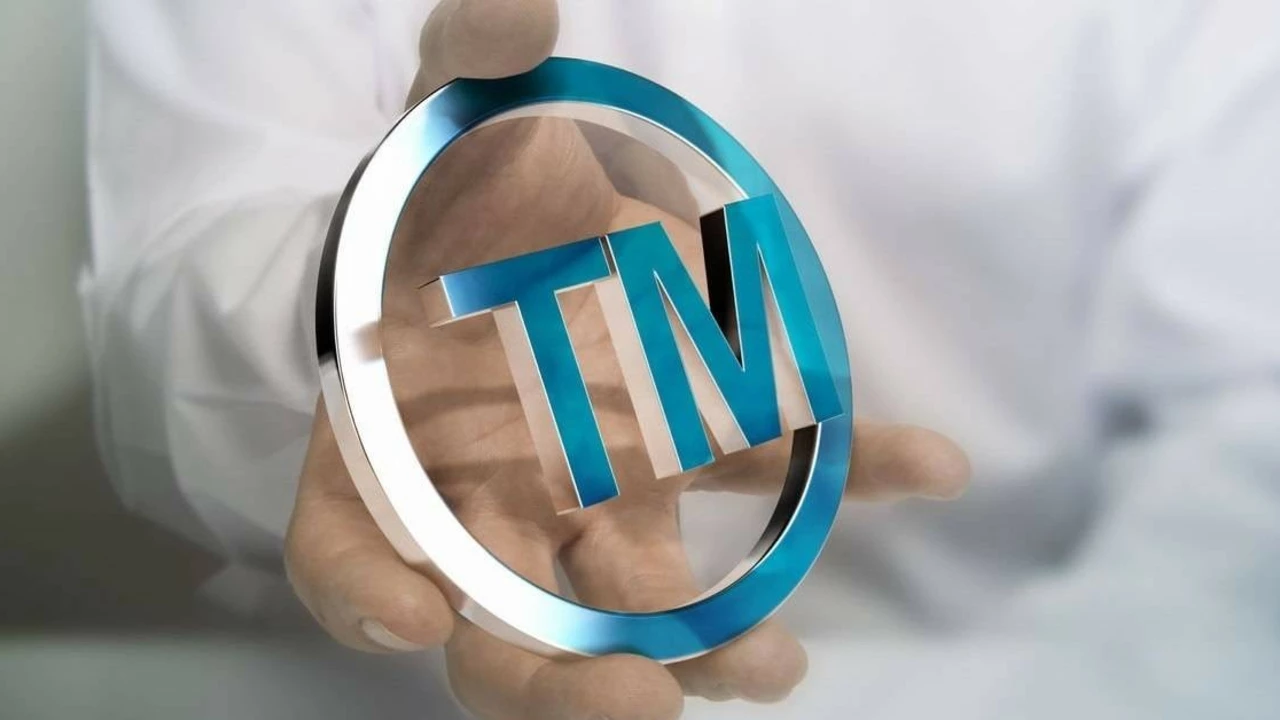Trademark Protection: What It Is and Why It Matters
When talking about trademark protection, the legal system that lets owners guard a logo, name, or slogan from unauthorized use. Also known as brand safeguarding, it gives businesses the power to stop copycats and keep their reputation intact.
Key Parts of a Solid Protection Strategy
Effective intellectual property, a broader category that covers patents, copyrights, and trade secrets, starts with a clean trademark registration, filing the mark with the relevant government office to secure exclusive rights. Registration isn’t a one‑time thing; you must watch for violations and enforce them, which is where brand enforcement, the process of detecting and acting against infringement, comes in. A typical workflow looks like this: register the mark, monitor the market, and, if needed, issue cease‑and‑desist letters or take legal action. This cycle requires legal expertise, regular audits, and sometimes online monitoring tools.
Real‑world examples show the payoff. In sports, the discussion around "what are the trademarks of Rick Adelman basketball?" highlights how a coach’s signature style can become a protected brand element, giving him leverage over merchandise and media use. Similarly, companies that ignore trademark infringement, the illegal use of a protected mark, often face costly re‑branding or lost market share. By staying proactive, businesses protect not just a logo but the trust customers place in their products.
Below you’ll find articles that break down each step—how to file, how to monitor, and how to enforce—plus case studies that illustrate the impact of strong trademark protection on real brands. Dive in to see practical tips, tools, and stories that can help you safeguard your own brand assets.

What`s the best way to register an international trademark?
Registering an international trademark is a crucial step for any business with global aspirations. The best route is often via the Madrid Protocol, which allows you to file a single application that covers multiple countries. Having a local trademark attorney can also be advantageous as they understand the nuances of their country's laws. The process can be complex and time-consuming, but it's a necessary investment to protect your brand globally. Always remember, each country has its own rules, so you may need to tailor your application accordingly.
Read More